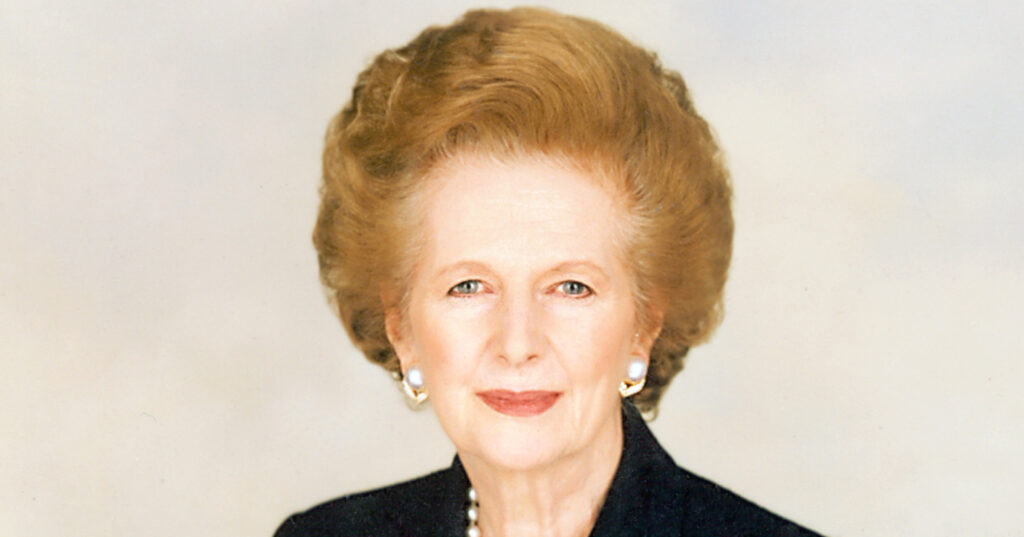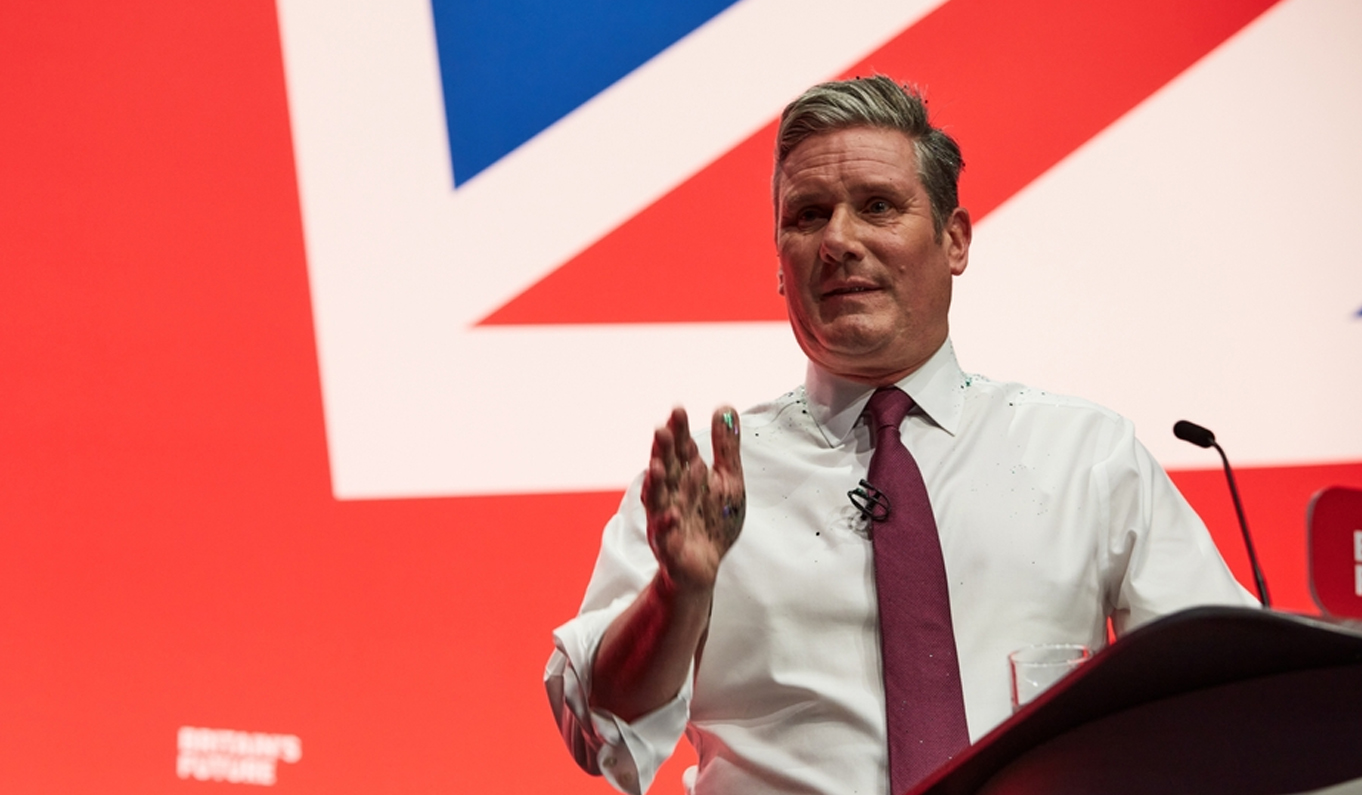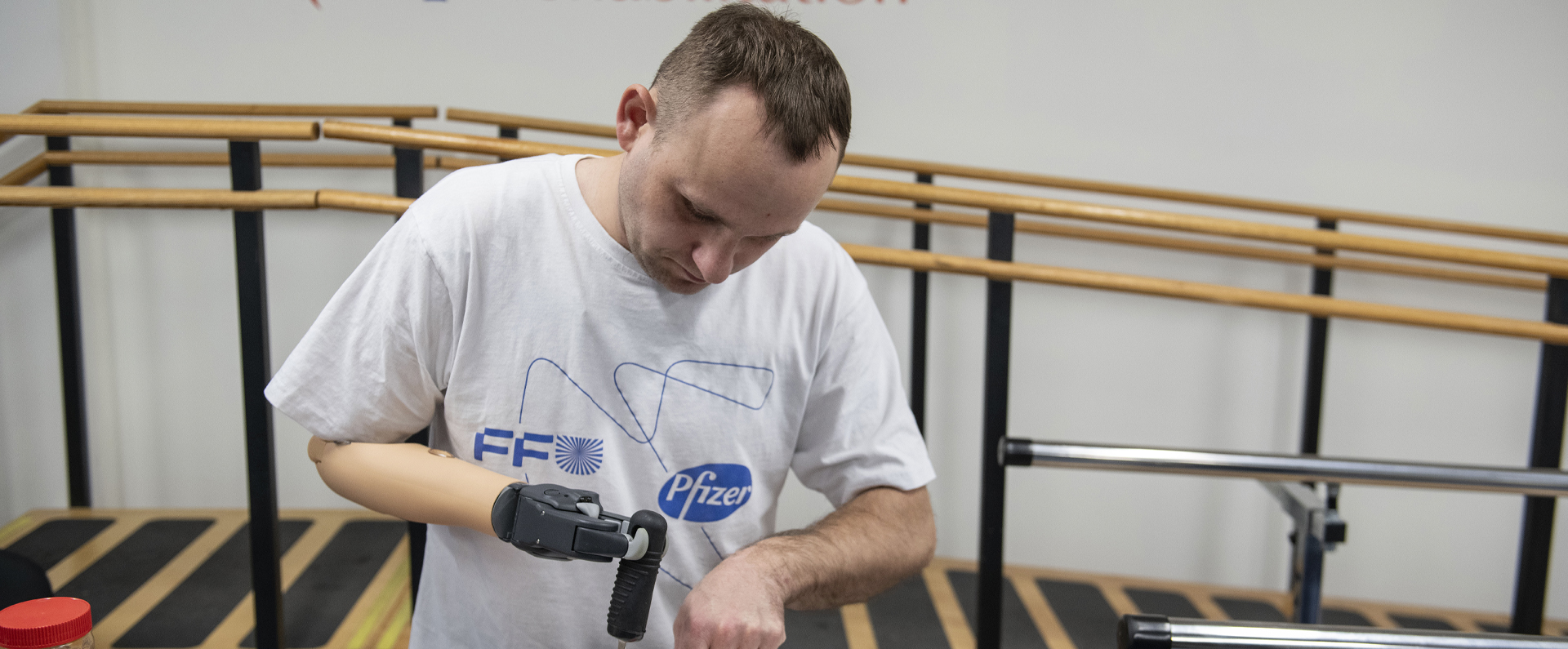
I have numerous memories of Margaret Thatcher and all of them are fond ones. To me, she was not just a colossus of British politics but also a fiercely loyal friend when I was under fire. Her death today, aged 87, has saddened me greatly.
I credit Margaret Hilda Thatcher with rekindling my interest in politics after I had drifted away from it for well over a decade. I had admired her from afar long before I knew her – and not just because she was Britain’s first (and to date only) woman Prime Minister.
I thought that if a grammar school-educated grocer’s daughter from Grantham in Lincolnshire could make it to the top in the Conservative Party (she led the party in opposition for four years before becoming Prime Minister in 1979), then there had to be room for a wider variety of people.
By the time Margaret became Prime Minister, I had been fortunate enough to make some money as an entrepreneur. I applauded her strong leadership of the country and I decided I wanted to help out the party financially.
In 1981, I made my first donation to the party: £50,000. By the time, Margaret stood down as Prime Minister in 1990, I had contributed £1 million to the party and lent it £3 million. While she led the country, I – and many other like-minded people – felt proud to be British.
As a party donor and supporter, I was first introduced to her in the early 1980s when I was in my mid-thirties. It was impossible not to be impressed by her drive and leadership, together with her vision and commitment to the party and country that she loved.
Particularly after Margaret’s firm handling of the Falklands crisis in 1982, I felt inclined to give British politics another go having drifted away from the party in the mid 1970s because, although I was a natural Tory, I had felt the party was out of touch with its the electorate and its core supporters. Doesn’t that sound familiar!!
The Conservative Party under Margaret’s leadership in the 1980s was a genuine meritocracy: it allowed people to get to the top through their ability rather where they had gone to school, or how rich and well-connected their parents were.
Margaret was single-minded and cut through the nonsense. With the Falklands War, for example, she had a direct approach. She knew that the islands belonged to Britain, the Argentinians had invaded them and therefore, unless they withdrew, Britain would send a force to eject them.
During the miners’ strike saw her equally decisive. Anticipating an ugly dispute marred by violent picketing, she resolved to increase the nation’s coal stocks. She was determined that Britain would be in a position to survive a long dispute and finally curb the power of militant trade unionism, which had grown too strong for the good of the country.
Events in industries that I knew about had also propelled me towards her. For years, many public services were overmanned and run in the producers’ interests. Some Conservative-controlled councils wanted to cut costs and raise productivity by scrapping restrictive practices and opening local-government services up to private competition – so-called tendering out.
This allowed private firms to bid for work such as street cleaning and school maintenance. Although this was common in other countries, the response in Britain was extraordinary. Strikes and sabotage – refuse trucks were even set on fire – were just a few of the reactions from left-wing extremists. No country could afford to be governed in this way – and Margaret made sure her Government stood up to such utter nonsense.
During the 1980s, I became friends with Margaret and, even more so, with her husband Denis, when we were serving on the board of the same public company. Denis was also a founder Trustee and staunch supporter of Crimestoppers, the crime-fighting charity that I launched 25 years ago. The Thatchers were a loving and devoted couple and were married for more than 50 years before Denis’s death in 2003.
I have one abiding memory of Margaret that I will take with me to my grave. Shortly before she resigned as Prime Minister in November 1990, I had to meet Denis to discuss some business affairs.
Because he was particularly busy, he asked me to pop round to see him at 10 Downing Street. We were sitting in the Thatchers’ lounge going through some papers when Margaret walked into the room.
I immediately got up to greet her but she just said: “Sit down, sit down. Would you boys like a cup of tea?” It was a strange feeling sitting there while the Prime Minister of the day disappeared into the kitchen, boiled the kettle and poured us tea in silence so as not to disturb our meeting.
Even today, I sometimes try to imagine how Britain would be without Margaret’s resolve and leadership. She undoubtedly deserves to go down in history as Britain’s greatest peacetime Prime Minister. It took someone with astonishing willpower and principle to change the course of history, and Margaret Thatcher was that person.
As Prime Minister, she offered people hope, opportunity and a chance to run their own lives. I have lost an old friend while Britain will be a poorer place without her. One thing is certain: we will not see her like again soon. And isn’t that a pity in the world today.



